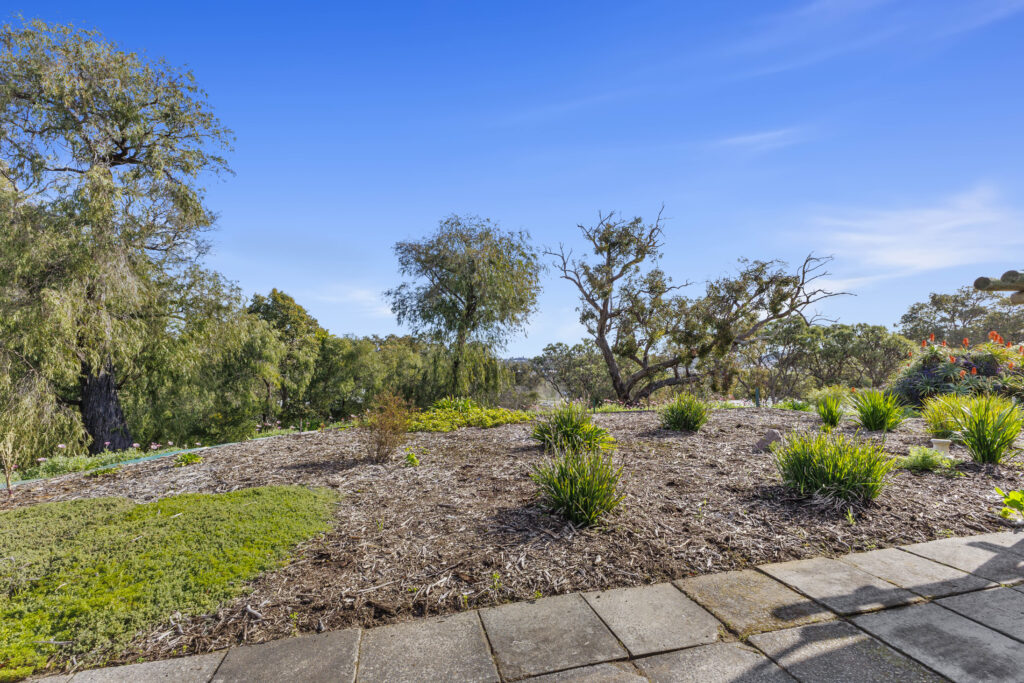Sell in Spring
Sell In Spring
Choosing the right time to sell your property can make a meaningful difference to both your sale price and your overall experience. For many Australian homeowners, the decision to Sell In Spring is driven by strong buyer demand, favourable conditions, and the emotional appeal that the season naturally brings. At Ben Colman Real Estate, we work closely with sellers to help them take advantage of this powerful selling window and position their property for the best possible outcome.
Spring has long been associated with fresh starts, renewed energy, and optimism. These qualities flow directly into the property market, creating an environment where buyers are more motivated, inspections are more active, and competition can work in your favour.

Why Spring Is a Strategic Time to Sell
When you Sell In Spring, you’re entering the market at a time when buyer activity traditionally increases. Warmer weather, longer daylight hours, and a renewed sense of momentum after winter all contribute to stronger engagement. Buyers are more willing to attend inspections, explore neighbourhoods, and make confident decisions.
From our experience at Ben Colman Real Estate, spring often brings a noticeable lift in enquiry levels. This heightened interest can translate into competitive bidding, stronger offers, and improved sale conditions when your campaign is planned and executed correctly.
Presentation Matters More in Spring
Showcasing Your Property at Its Best
Spring is a season where homes naturally shine. Gardens come to life, natural light enhances interiors, and outdoor spaces become more inviting. When you Sell In Spring, these elements can significantly boost first impressions and emotional connection.
We work with our clients to ensure their property presentation aligns with buyer expectations during this season. Simple improvements, thoughtful styling, and strategic preparation can elevate how your home is perceived, helping buyers imagine themselves living there.
Creating Emotional Appeal
Buying a home is an emotional decision as much as a financial one. Spring creates a positive mindset that supports that emotional connection. When buyers feel good, they tend to engage more deeply with a property, which can lead to stronger offers. By choosing to Sell In Spring, you’re tapping into a season that naturally encourages optimism and confidence.
Buyer Psychology in the Spring Market
Motivated and Decisive Buyers
Spring buyers are often highly motivated. Many have spent winter researching, planning, and waiting for the right moment to act. When new listings appear, they’re ready to move quickly. This urgency can work to your advantage when you Sell In Spring, especially when demand outweighs supply.
At Ben Colman Real Estate, we guide buyers and sellers through this dynamic environment, ensuring our clients are well-positioned to benefit from buyer momentum while maintaining control of the process.
Competition Works in Your Favour
Increased buyer numbers mean increased competition. When multiple buyers show interest in a well-presented home, it can drive stronger negotiation outcomes. Selling in spring allows us to structure your campaign in a way that maximises interest and creates a sense of opportunity around your property.

Planning Ahead for a Spring Sale
Preparation Is Key to Success
To truly benefit when you Sell In Spring, preparation should begin well before your campaign launches. We encourage our clients to plan early so there’s time to address presentation, pricing strategy, and marketing without pressure.
Our approach is methodical and tailored. We don’t rush the process; instead, we focus on getting every detail right so your property enters the market with confidence and clarity.
Strategic Marketing That Connects
Spring is a competitive time, with more properties entering the market. This makes strategic marketing essential. At Ben Colman Real Estate, we design campaigns that cut through the noise and speak directly to the right buyers. By highlighting your home’s strengths and positioning it correctly, we help ensure it stands out during this busy period.
Working With the Right Team
Expertise That Adds Value
Deciding to Sell In Spring is only part of the equation. The guidance you receive throughout the process plays a major role in the final result. Our team provides clear advice, honest feedback, and consistent communication, ensuring you feel supported at every stage.
We understand the local market, buyer behaviour, and seasonal trends, allowing us to make informed decisions that protect your interests and maximise your return.
Is Spring Right for You?
While spring offers many advantages, every seller’s situation is unique. Your financial goals, lifestyle plans, and market conditions all play a role in deciding whether to Sell In Spring. Our role is to provide clear guidance so you can make an informed decision with confidence.
For many homeowners, spring represents opportunity, momentum, and strong buyer engagement. When managed correctly, it can be an excellent time to achieve a successful sale.
Move Forward with Confidence
If you’re considering selling your property, choosing to Sell In Spring can position you for a strong and rewarding result. With the right preparation, presentation, and professional support, this season offers a valuable window to attract motivated buyers and secure a competitive outcome.
At Ben Colman Real Estate, we’re here to guide you through every step of the journey. Speak with us today and discover how a well-planned spring campaign can help you move forward with confidence and clarity.
